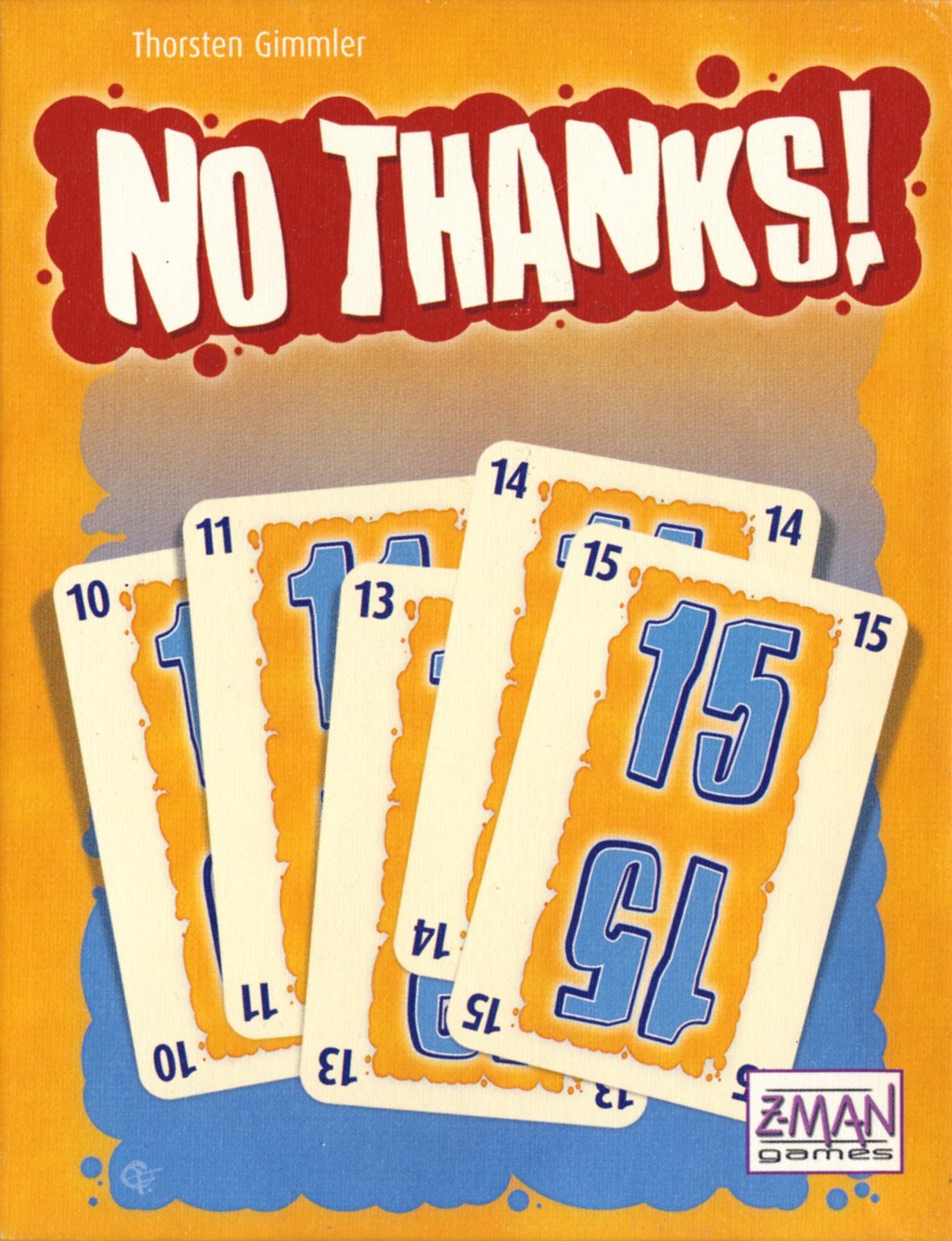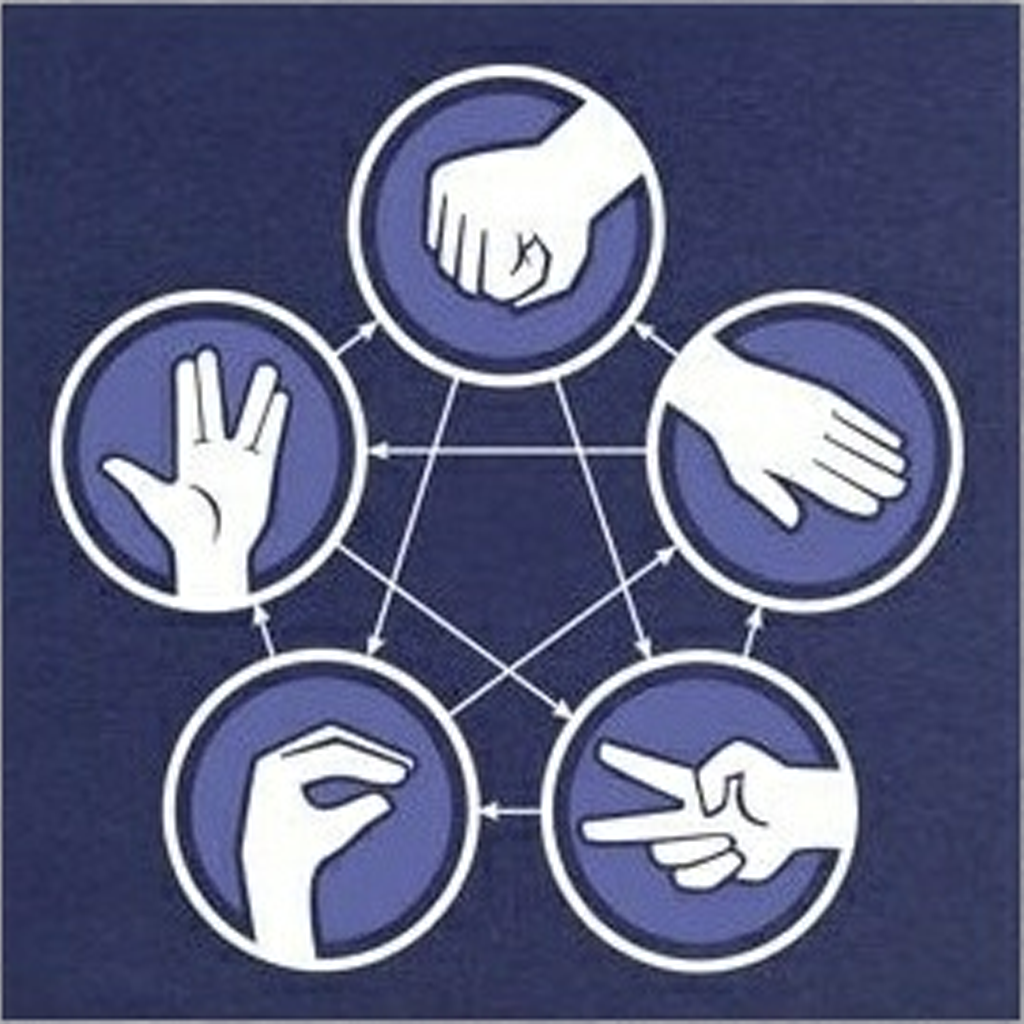Games and Rationality
Game Theory
- Economics
- Psychology
- Politics
- Computer Science
- Games!
Rationality

Introductory
Game Theory
Game Theory
The Stag Hunt
| S | H | |
| S | 10,10 | 0,3 |
| H | 3,0 | 3,3 |
What can we learn from this?
If you can trust other players to be rational, mutually beneficial solutions are possible.
Battle of the Sexes
| F | O | |
| F | 3,2 | 1,1 |
| O | 0,0 | 2,3 |
What can we learn from this?
Even when players are both rational and want the same outcome, they can lose.
The Prisoner's Dilemma
| C | D | |
| C | 2,2 | 0,3 |
| D | 3,0 | 1,1 |
What can we learn from this?
Rational behavior in the short term is different than rational behavior in the long term.
Unexpected
Consequences
Consequences
Half the Average
All players write down a number between 0 and 100. The player whose answer is closest to 1/2 the average guess wins.
What can we learn from this?
Decisions can depend on our knowledge of other people's rationality.
The Dollar Auction
Hold an open auction for a prize. Only the top two bidders need to pay.
What can we learn from this?
Rational behavior can lead to suboptimal results.
No Thanks!

What can we learn from this?
Emergent behavior is awesome.
Randomness
Rando-Chess
Play a game of chess. At the end, roll a die. If the result is a 1, then the winner is the loser and vice versa.
What can we learn from this?
Skill and luck are not opposites.
Rock-Paper-Scissors

What can we learn from this?
Uncertainty and randomness are often indistinguishable.
Iterated Rock-Paper-Scissors

What can we learn from this?
Sometimes humans are rational even when it's best not to be.
Harder Problems
The Birthday Problem
What is the probability that two people in this room have the same birthday?
What can we learn from this?
Humans are very bad at making rational decisions about probabilities.
The Monty Hall Problem
There are three doors. Behind one is a prize. Pick a door. Now one of the other doors not containing the prize is revealed. Should you stick with your first pick or switch? Does it matter?
What can we learn from this?
Humans are very bad at making rational decisions about probabilities, even when they try.
The Pirate Problem
There are five pirates who need to divide 100 coins among them. The captain will propose a distribution, and then they will vote. If the vote fails, the captain is thrown overboard and the first mate becomes the new captain.
What can we learn from this?
Humans are very bad at making rational decisions about other people acting rationally.